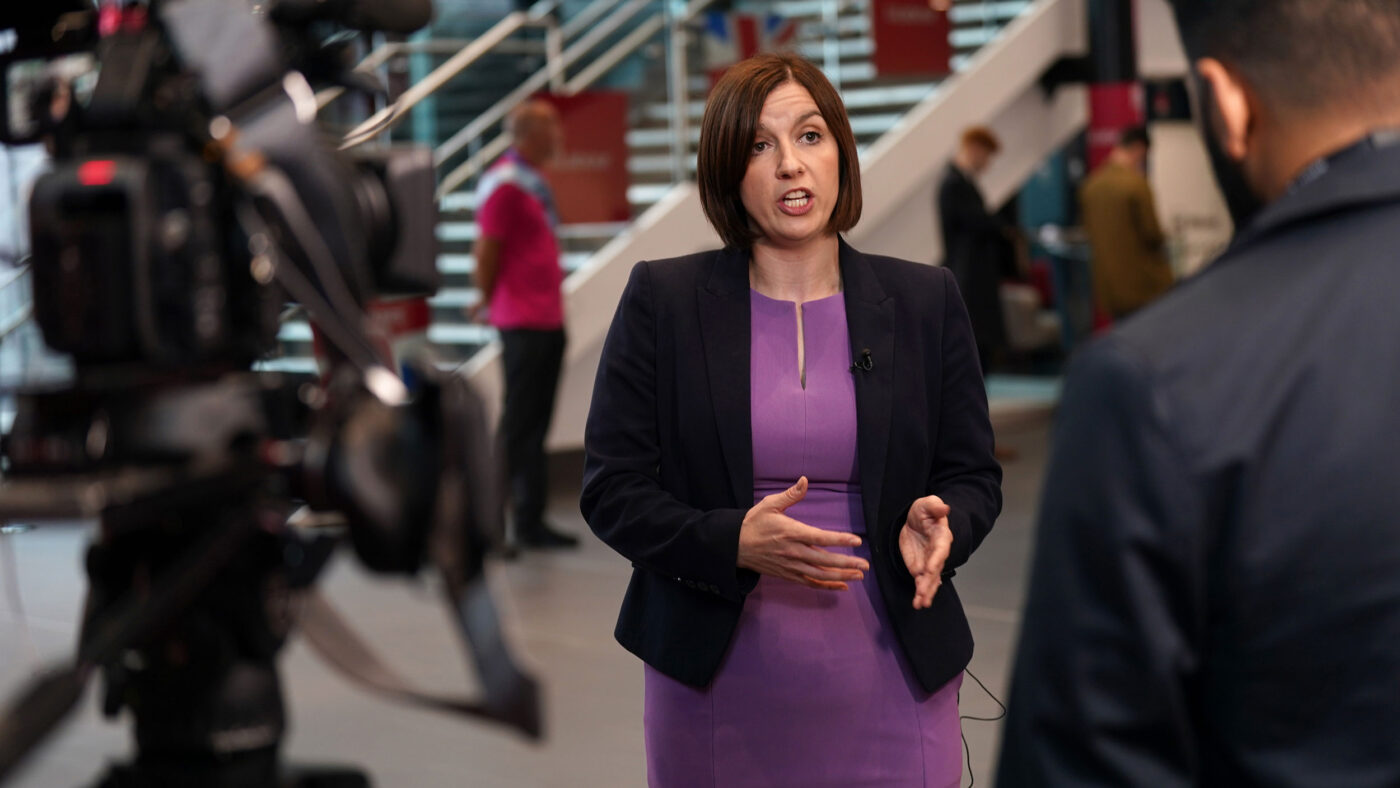Have you ever seen the note that George H Bush sent Bill Clinton on his first day in office? It’s a beautiful thing for many reasons, but the line that’s always stood out for me is this one:
‘You will be our President when you read this note. I wish you well. I wish your family well.’
Even after the rough-and-tumble of the election campaign, and losing badly, Bush wanted the best for Clinton as he was now the one who would be making decisions that would affect the country.
It is for similar reasons that I want all the political parties to have solid education policies. My affiliations are no secret, but I’m a teacher and parent before I’m a Tory and politician.
We’ve been lucky enough to have some brilliant Conservative ministers overseeing the education sector since 2010. However, if the current polls are to be believed, there is a chance that it will be Labour politicians in the Department for Education at some point in the not-too-distant future – they will be our ministers, and it will be my kids’ education that is affected.
And if that turns out to be the case, I want them to go in with the best possible idea of what to do and how to do it.
It’s why I watch the opposition parties’ policies with as much interest as the government’s. We’re all better off when there is a genuine battle of ideas between those who want to rule over us, as better solutions rise to the top and get adopted, and weaker ones are shown up as such.
I was looking forward to Labour’s conference and them putting some meat on the bones of their education plans. We’ve had dribs and drabs announced over the last 18 months or so, and Starmer’s ‘Breaking down the barriers to opportunity’ mission launch in July. Beyond attacking private schools and whacking VAT on their fees though, I bet most people couldn’t tell you what their big plans for young people are (other than their general ‘we will stop doing the bad Tory things and do nice Labour things.‘)
However, neither Starmer or Phillipson had anything of real note to say. What they did say was either a repeat of previous announcements, or “new” announcements as radical as ‘we will teach kids maths using real world examples like shopping and bank accounts’ and ‘we will ask a long-serving bureaucrat to review things he had responsibility for before and tell us how to make them better.’
And it wasn’t just me, ex-Tory adviser, who thought this. Loads of my Labour-loving mates felt the same too. Most are just quietly sucking it up and hoping the party will do better if it gets into government. Laura McInerney summed it up brilliantly here:
I know Labour don’t want to risk messing up, blah blah, but…
Was hoping for something slightly more than “we will continue to teach maths” as the big education promise.
(Kids are already taught the maths needed for currency exchange & budgeting).
— Laura McInerney (@miss_mcinerney on Threads) (@miss_mcinerney) October 11, 2023
But I don’t think hoping and waiting is enough for our nurseries, schools, colleges and universities. And what Labour have announced is either thin gruel or will actively undermine the progress that has been made – like removing school freedoms and flexibilities, reintroducing poor types of curriculum and assessment, making it harder for Heads to keep schools safe and orderly, and so on.
Gove had a plan when he came into office in 2010, having had three years to prepare for it. It was the same for David Blunkett back in 1997: he’d had the shadow brief since 1994 and plenty of time and space to think about what he’d keep and what he’d do differently. Hence getting out of the traps so quickly with the numeracy and literacy strategies, increase in number of teaching assistants, higher education expansion, and so on.
There’s still time to develop a properly fleshed out programme for government. But it’s running out fast. Under Blair it was ‘education, education, education’; if this week has been anything to go by, for Starmer and Phillipson things are still so meh that they can only get better.
Click here to subscribe to our daily briefing – the best pieces from CapX and across the web.
CapX depends on the generosity of its readers. If you value what we do, please consider making a donation.


